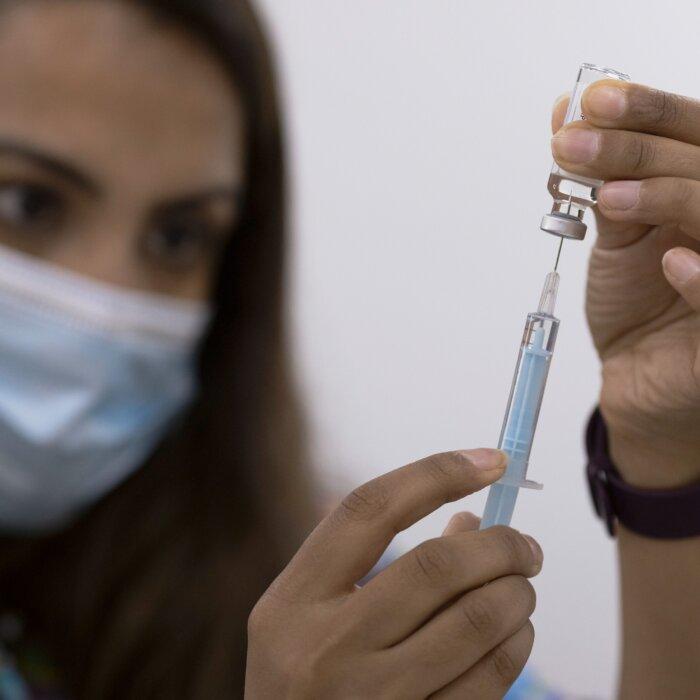More than 100 women in England who suffered serious and sometimes life-altering complications from vaginal mesh implants have received payouts from the manufacturers as part of a group action.
The out-of-court settlement sums have not been disclosed but it is believed they could run into millions of pounds after lawyers argued that surgeons and manufacturers failed to adequately warn the women about the dangers of mesh surgery.
Debilitating Harms
However, the devices caused debilitating harm to some women, with side effects including infection, chronic pelvic pain, difficulty urinating, pain during intercourse, and incontinence. Some women were left unable to walk, work or have sex, because of the mesh.The actions by the group were brought against three different manufacturers, Johnson & Johnson, Bard, and Boston Scientific, at the High Court in London, and is the first successful class action brought in the UK by those damaged by mesh, although there have been successful medical negligence claims made against the NHS,
Campaigners believe there could be tens of thousands of people damaged by the implants, including men as well as women damaged by other kinds of mesh.
Lisa Lunt, a partner at law firm Pogust Goodhead, which led the litigation, said: “Women implanted with transvaginal mesh have experienced years of chronic pain and suffering.
“Hundreds of women were prevented from making a claim due to strict 10-year time limits that are in force from the date that the product was manufactured.
“It’s about time that the Government took action to increase the time limits.”
In April 2018, then-health secretary Jeremy Hunt announced a review into the use of vaginal mesh following concerns raised by affected women.
No Admission of Liability
Each of the companies involved in the litigation confirmed the actions had been resolved without admission of liability.Lunt added: “As a firm we were pleased to represent clients who had been previously turned down by other firms and reach a conclusion in their claims.”
In February, a cross-party group of parliamentarians wrote to the health and social care committee to raise serious concerns about the medicines and healthcare regulator, because of its close links to the pharmaceutical industry.
‘First Do No Harm’
The Independent Medicines and Medical Devices Safety Review (IMMDS) investigation found in its report, First Do No Harm, that in all these instances, the response of the health care system was “not sufficiently robust, speedy or appropriate, causing patients to suffer, in some cases, life-changing or fatal, avoidable harm.”The All-Party-Parliamentary Group (APPG) for Pandemic Response raised multiple concerns about the Medicines and Healthcare Regulatory Agency (MHRA), accusing it of operating a safety system that, “far from protecting patients, continues to put them at serious risk.”
“The evidence leads us to believe that serious patient safety concerns persist beyond even the findings of the IMMDS review. We also believe that the MHRA is at the heart of these far wider endemic failings and that those cited in this letter merely represent the tip of a sizeable iceberg of failure,” the APPG wrote.
Its letter called for reform of the Yellow Card system for patients to record side-effects from medicines and healthcare devices, and said that reports about serious side-effects and deaths caused by the COVID-19 vaccines were not being properly investigated by the MHRA.
A number of MPs and peers put their name to the strongly-worded letter, which was also signed by Oxford Professor of Evidence Based Medicine, Carl Heneghan, and the founder of Sling the Mesh campaign, journalist Kath Sansom.
The APPG questioned why the MHRA had so far refused to make it mandatory for doctors to log complications with the Yellow Card system, following earlier calls from Sling the Mesh to overhaul the system.







